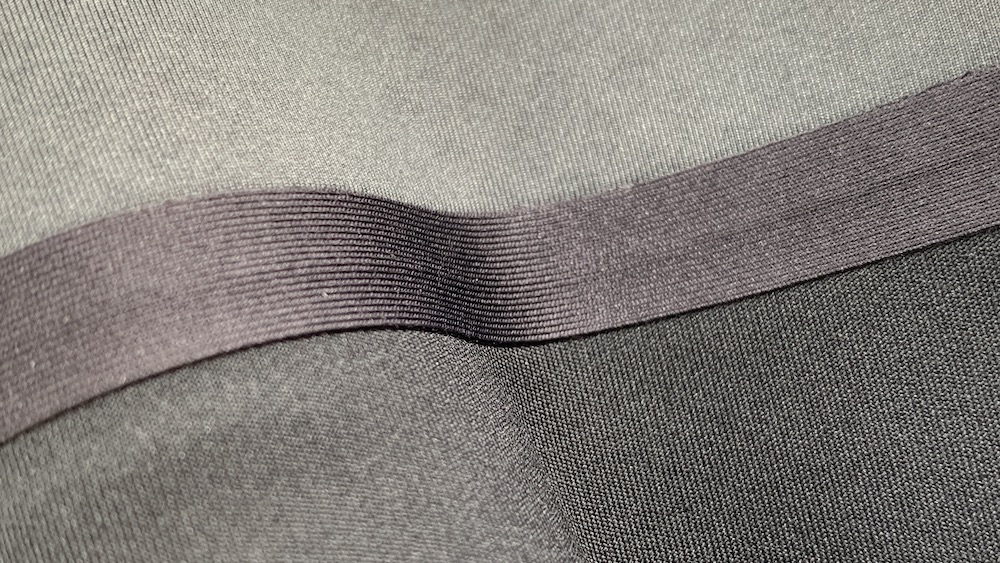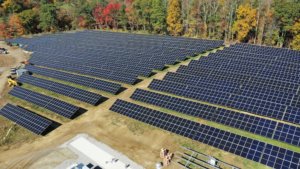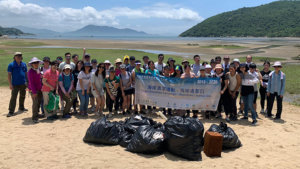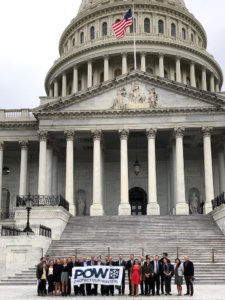Bonding for a Better Garment Industry with Sustainability in Adhesive Films
Understanding Sustainability Beyond Tier I
Looking at today’s technical outerwear, performance wear, and intimate garments, it is easy to see the evolution – innovative performance, enhanced usability features, increased durability, and beautiful methods of make. What you may not have thought of however, is the technology and supply chain used to make this evolution possible. Here at Bemis Associates – a leader in adhesive film bonding solutions – we create the future of apparel innovation, while demonstrating our passion for social and environmental responsibility (SER) in our business.
The inherent complexities of today’s apparel supply chain can result in a customer’s outfit likely coming from dozens of component and material factories across the world. As brands set big goals for 2025, 2030, and beyond related to sustainability, the ability to meet many of those targets will be anchored in the selection and utilization of supply chain partners who share their commitments. Bemis has our own SER strategy that is complementary to many of our brand partners’ objectives, but also accounts for the unique nature of the products we provide and the manufacturing processes we use to maximize our positive impact. This strategy is built on a four-pillar structure we’ve created: Products, Process, People, and Policy.
PRODUCTS
At Bemis, we aim to consider the environmental impacts of our products across their lifecycle. This includes using better inputs, such as recycled content, biobased resins, and Bluesign approved chemistries. In many cases, the upstream supply chain for these types of materials is still immature, so manufacturers have a unique opportunity to collaborate with their supply and chemicals partners to provide more solutions, creating a dialogue and ecosystem for sharing and testing new concepts and materials. At Bemis this process has successfully launched two recycled Seam Tapes certified to the Recycled Claim Standard, one USDA certified Biobased Sewfree® adhesive, a Seam Reinforcement Tape utilizing post-consumer recycled content polyester fabric, an embellishment film using recycled polyester, and a portfolio of Bluesign approved products.
Beyond material inputs, Bemis is also working to make sure our products support a circular economy for apparel, by enabling monomaterial constructions in support of garment recyclability.

PROCESS
Each major manufacturing process in the supply network has its own environmental impacts that must be considered. Tools like the Higg Index Facility Environmental Module (FEM) can help manufacturers to assess these impacts’ relative importance, and a company’s progress in improvements. As an example, while many textile processes involve significant “wet processing” operations, the manufacturing processes associated with adhesive films are quite different. At Bemis, we utilize a thin film extrusion process which does not rely on large amounts of process water. Instead, we focus on energy efficiency projects to lower the use of electricity and invest in renewable energy to lower our carbon footprint. In 2019 and 2020 we eliminated our Scope 2 emissions from electricity consumption through use of Renewable Energy Certificates.
We believe that efficient sharing of comparative data across the value chain is paramount to accurately capturing true environmental impacts, and ultimately to being able to show improvement as an industry.

PEOPLE
Sustainability is, of course, not exclusively about a company’s environmental performance, but about how it can impact the world at large. This includes assessing and addressing risks and opportunities associated with social practices, labor, human rights, and philanthropy. At Bemis, we demonstrate this commitment by providing a safe workplace, wellness programming for employees, and a unique benefit that allows each employee 40 hours of paid time for volunteering annually. Additionally, while other members of the apparel supply chain continue to operate in low-wage geographies that offer limited legal protections for workers, Bemis maintains direct employment relationships with all workers. In 2020, we confirmed our manufacturing wages in our US and Hong Kong manufacturing plants meet or exceed 3rd party Living Wage benchmarks (the MIT Living Wage Calculator and the OxFam Living Wage).

POLICY
When looking at the massive and interconnected global challenge of climate change, it is clear that individual action will not be sufficient to drive the scale of change required to limit warming to 1.5 C. Businesses can play a vital role in larger discussion by advocating for stronger governmental policy that will help businesses and individuals to mitigate the impacts of climate change. Work on climate policy is another excellent example of the power of collaboration – manufacturers, brands, and retailers have an opportunity to work together to help send this message and influence policymakers. In partnership with Protect Our Winters, a climate advocacy non-profit, and several of its customer brands, Bemis has engaged in this work by meeting with local, state, and national lawmakers and with industry groups and lending our voice of support to major legislative initiatives related to carbon reduction. Work in policy constitutes some of the most important work businesses can do in sustainability, as it impacts much more than any one company or product line.
